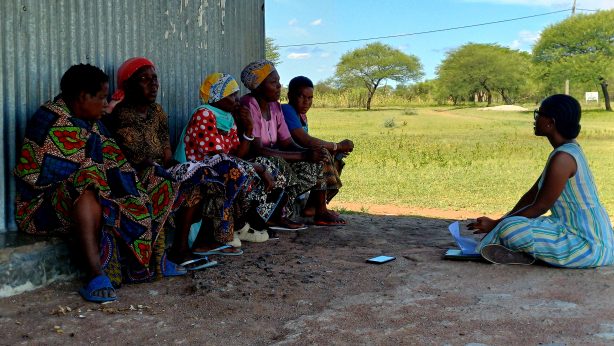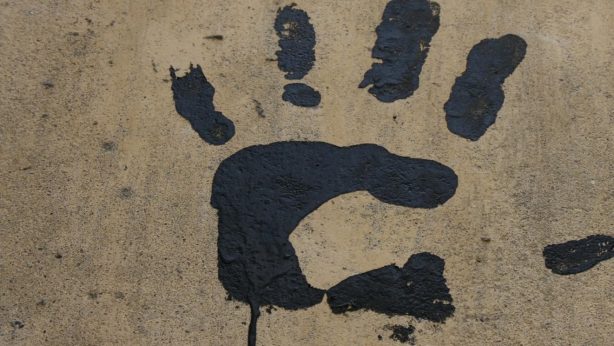We all win when good governance principles are the central pillar in addressing the Climate Change Crisis
From 1750 to 2022, high-income countries have unleashed a staggering 1002 billion tonnes of carbon emissions into the atmosphere, as reported by the Global Carbon Budget (GCB) via Our World in Data. This is not just a local issue, but a global crisis, as these emissions have a direct and significant impact on the climate worldwide. In stark contrast, low-income countries have added only a meagre 11 billion tonnes. This glaring disparity underscores the urgent need for action, as the global climate crisis is primarily a result of carbon dioxide emissions from wealthy nations, a fact that climate scientists have been unequivocal about.
The cumulative carbon dioxide emissions from African countries since 1750 are significantly lower than those from wealthier countries and regions. To illustrate, the emissions from the UK alone surpass those from the entire continent of Africa. The emissions from Kenya, Tanzania, and Uganda are so negligible that they don’t even register on the chart. This data underscores that climate change is primarily the responsibility of wealthy nations’ carbon emissions, despite any local impacts from various activities including deforestation in East Africa.
The question of equity, to what extent high-income economies should bear the burden of offsetting climate change costs on the African continent, is a valid one. It’s tempting to focus on the bigger picture and wait for the high-income economies to pay for their actions. And yes, it seems just. However, by doing so, we risk playing the victim and denying ourselves the opportunity to engage meaningfully in critical negotiations and decisions. We all have a role to play in this, regardless of our country’s wealth. By acknowledging our part, we can be part of the solution. This shared responsibility empowers us to make a difference, together.
Like all global citizens, Ugandans have their own experiences and opinions on the effects of climate change. What does our data reveal? According to recent data from Twaweza’s Sauti za Wananchi survey, 7 out of 10 Ugandans attribute deforestation as the main cause of climate change, while 2 out of 10 say it is the destruction of wetlands. The majority have witnessed a decline in agricultural yields and the washing away of roads. These effects directly impact the well-being of Ugandans. It’s not surprising that the data further shows that nearly 4 out of 10 blame the change in their livelihoods on climate change effects, such as poor harvests and unreliable climate variability. The citizens’ experiences should prompt us to question our preparedness to deal with these shocks and whether our communities and development interventions have built enough resilience to adapt, cope, and thrive amidst the uncertainties of climate change.
Ugandans are optimistic, 5 out of 10 see addressing climate change as a shared responsibility. 9 out of 10 Ugandans agree that we can do our bit to reduce the effects of climate change, demonstrating the goodwill and readiness of citizens to act.
The leaders have to harness this readiness by supporting climate change interventions informed by credible evidence and data, centred on inclusive and accountable governance where positive action is rewarded, inaction/negligence sanctioned, and rewards for promoting practices that contribute to healing the earth such as managing our solid waste better so that the waterways are not blocked, restoring wetlands so that they continue to sink excess flood flushes or whether they’re developed strict adherence to the implementation of technologies that do not compromise the integrity of the natural wetland systems, supporting communities to maintain forest estate whether on private or public lands by providing affordable and accessible alternatives.
Given the knock-on effects arising from the climate change crisis on all sectors of the economy, it’s time to ask ourselves whether jobs created by the factories, such as polythene-producing bags that can’t be repurposed, are worth supporting if the income earned does not cushion the employees when nature revolts. Why implement costly infrastructure projects that are shaken when Mother Nature sneezes? This is possible if and only if we are willing to use and ride on the feedback the citizens have given us and we use it to co-create effective interventions.
Whereas the poorest, vulnerable, and those living in marginal lands are impacted most, let’s not be deceived. The effects of climate change do not recognise social class, region, or political affiliation. This evidence is all around us; we are connected. But also, these effects shine a light on the blind spots, such as exposing poorly executed projects, infrastructure, or otherwise, which we should be thankful for. It is time each of us does what is right, even when no one is watching. That way the children of our children will be bequeathed a better world, and we will be proud of our collective legacy in reducing the effects and reversing the climate change crisis. This will only be possible if climate change actions and interventions are centred on the core principles of good governance.
The writer is the Country Lead for Twaweza Uganda and can be reached at valinda@twaweza.org


